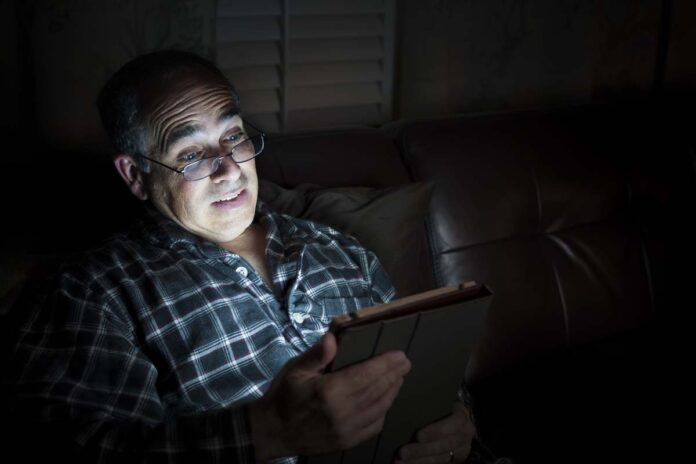Why do all the health websites say to stop technology one hour before bed? Kirsten Taylor, Naturopathic Sleep Specialist, Sleep Researcher and Product Developer explains the reasoning behind it.
International research clearly shows that interacting with technology for only one hour before bed has little to no impact on sleep but any amount over one hour does start to impact on sleep, delaying sleep onset by up to one hour and a half.
The impact on the nervous system can occur in multiple ways but is largely dependent on what you are doing with the technology and how attached to the outcome or activity you are. For example, emails or work related tasks or other personal communications may be mentally or emotionally stimulating.
The device itself exposes us to blue light which can delay release of our sleep hormone melatonin and people who are sensitive to violent imagery, noise, loud music, flashing lights or aggressive content will also find it worse for them.
Interestingly other studies show prolific gamers don’t experience the same elevated heart rates or normal stress responses even if they are playing violent video games. It seems they have habituated.
Whilst I am not sure that is a good thing Flinders University (AUS) has conducted multiple studies since 2004 that show moderate use of technology before bed has little to no impact on sleep.
So as it is with all things the “data doesn’t lie” assessment reigns. With my 20 years as a sleep researcher, I concur with the larger body of international research.
If you are experiencing trouble getting to sleep then setting an alarm one hour before bed to prompt you to turn off your devices and allow yourself to wind down naturally is a free, simple and effective behaviour which might just make the difference to falling asleep without struggle tonight.
For more science-based sleep tips or award winning sleep support supplements visit our blog section at www.sleepdrops.co.nz



